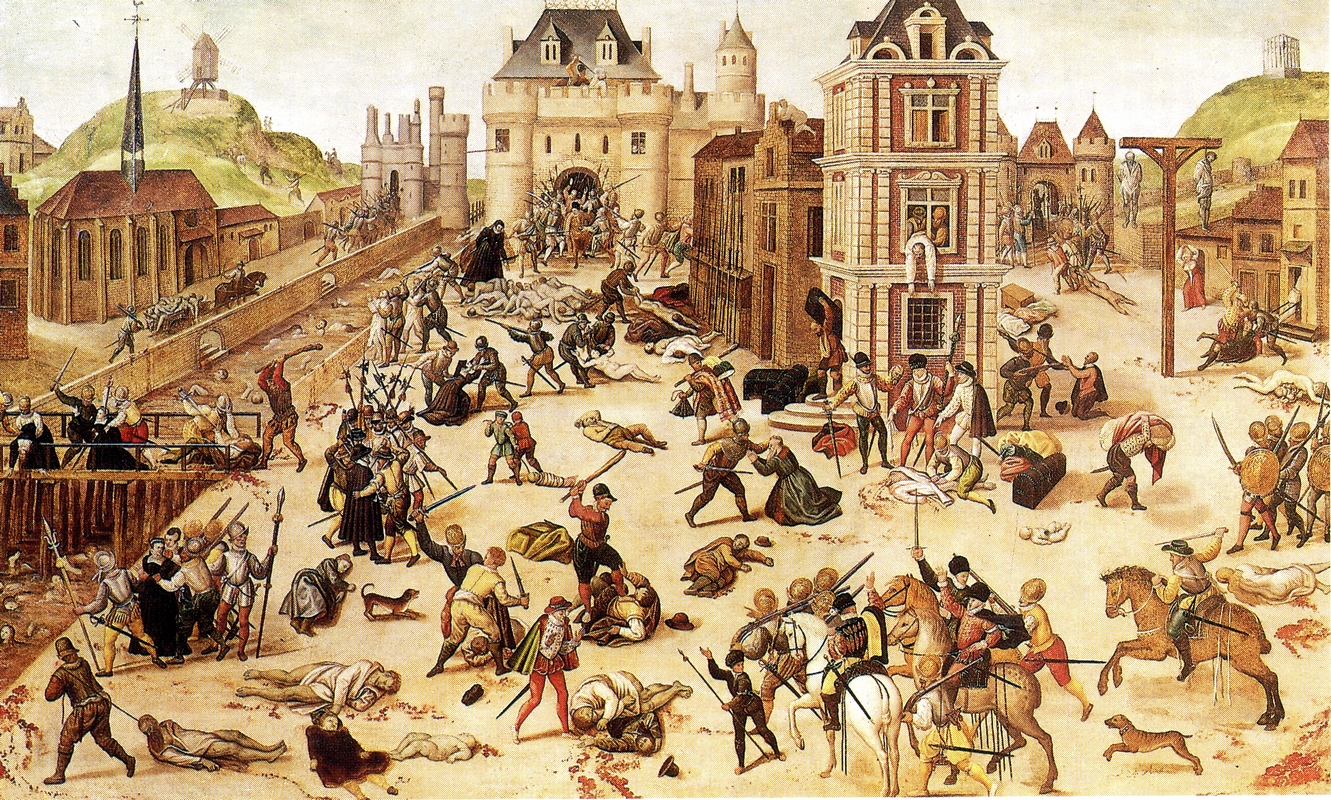

The world have experienced many challenges and developed to be in the current state. Here are the most important events in the history that shaped our world today.
10 December 7, 1941
The world of 1941 was overwhelmed, or on the edge of being engulfed, in war. The armies of Adolf Hitler had invaded the vast majority of Europe, and the armed forces of Imperial Japan had done the same in Asia as well as the Pacific. America, trying tremendously to uphold its neutrality, experienced safe in the facts that two oceans divided it from the Axis powers.
9 April 4, 1968
The Civil Rights Movement in the United States named an entire generation of Americans. In the resist for equality, the work of Dr. Martin Luther King Jr. remains. Certainly, Dr. King’s untiring efforts in support of the people of color are famous and are a mark of respect to the ability of selfless sacrifice for a dignified cause. While not all and sundry agreed with Dr. King and his non-violent approach, he however thrived in bringing the dilemma of injustice and inequality to the front position of the national consciousness.
8 January 28, 1986
While the program has had a lot of fatal disasters, none was more graphically disastrous than the fate that occurred to the space shuttle Challenger. When the Challenger went underway on the momentous day of January 28, there was not much trumpet blast or coverage of the event. Space shuttle launches had turned out to be ordinary in the minds of both Americans and newscasters alike.
7 October 29, 1929
It is the Economic Depression the nation faced in the late 1920s and 30s. Those years were a result of the stock market crash in 1929. Throughout the period between 1927 and 1929, well-off Americans began spending a lot in the stock market, and realizing very profitable returns.
6 April 18, 1906
While Hollywood has taken full benefit of the movie-going public’s taste for the dramatic, scientists and other feared officials have long been concerned when the next tragedy will wallop. In this light, the upsetting earthquake that hit San Francisco more than 100 years ago, yet it still keeps the inhabitants along the main fault lines on the American West Coast cautious.
5 January 1, 2000
The first day of the 21st century wasn’t guided in with quite the panic that many had pictured. Conspiracy theorist, and to a certain degree, the general public; all were forecasting something to come about when the clock struck 12:01 am. There was widespread anxiety, for example, of the supposed Y2K insect that was supposed to injure computers that were running Microsoft-operating systems. Others were forecasting expecting apocalyptic tragedies, the finishing stages of the world, the revisit of Jesus Christ, and other phenomena.
4 23–24 August 1572
The St. Bartholomew’s Day massacre took place in 1572 was an aimed group of assassinations, pursued by a wave of Catholic mob aggression, both directed against the Huguenots during the French Wars of Religion. Usually believed to have been prompted by Catherine de’ Medici, the mother of King Charles IX, the massacre happened five days after the marriage of the king’s sister Margaret to the Protestant Henry III of Navarre.
3 July 4, 1054
This 2005 NASA’s Hubble Space Telescope picture of Crab Nebula illustrates the remains of star’s supernova explosion. July 4th was an important day long before America began celebrating it. It also spots the first time on record that a novel object came into view in the constellation Taurus, it is an object so brilliant it could be seen in the daytime sky.
The Acts of Union were deemed to be two Acts of Parliament: the Union with Scotland Act 1706 passed by the Parliament of England, as well as the Union with England Act passed in 1707 by the Parliament of Scotland. They carried put the terms of the Treaty of Union that had been concluded on 22 July 1706, after negotiation between commissioners on behalf of the parliaments of the two countries. The Acts united the Kingdom of England as well as the Kingdom of Scotland into a sole; United Kingdom called “Great Britain“.
11990
The Welfare State includes costs by the government of the United Kingdom meant to perk up health, education, and social security. The British system has been categorized as a liberal welfare state system.